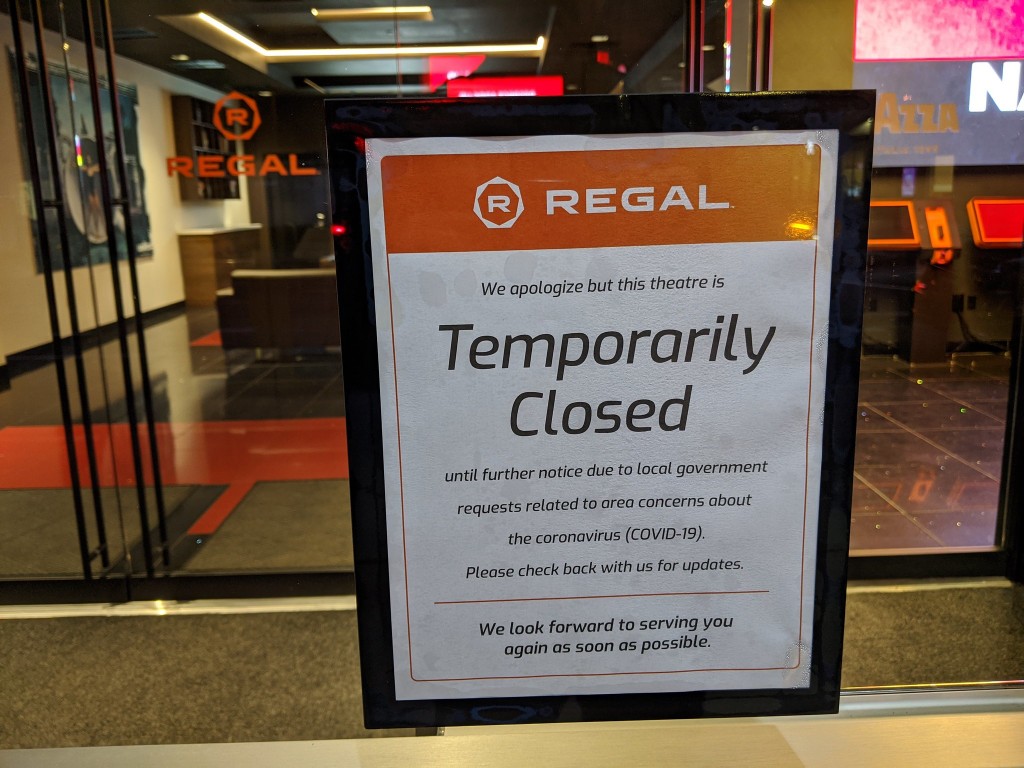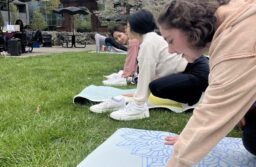
Photo courtesy of Eden, Janine and Jim, Flickr
The COVID-19 pandemic feels like a story pulled from a dystopian novel: a new virus we know little about has spread across the globe, infecting hundreds of thousands of people and killing tens of thousands of people.
There are government-mandated curfews across multiple states, including New Jersey. Most businesses (excluding essential ones) have closed temporarily, the economy is at a standstill, and the whole world has essentially halted life. Who would not be worried?
Right now, a global state of anxiety is caused by a multitude of factors. One such factor is work, specifically the state of one’s job. Some businesses, such as insurance companies or sales companies, can transfer their workload online and have employees work from home.
Many salary workers who hold these positions are financially sound, as they can continue to work and be paid. Teachers and professors hold the same level of job security, considering they can continue to hold classes and communicate online with students.
People like construction workers, artists, photographers, landscapers and small business owners are out of luck. Millions of Americans have lost their jobs for the time being and are struggling to find financial security. In fact, 6.6 million Americans filed for unemployment in the last week.
Even with the government providing funding to help people who are out of work, what will happen in the future? What if the checks people receive from the government are not enough?
Regarding college students, many of us have found ourselves out of a job for the time being as most part-time jobs we work are non-essential and have been closed indefinitely.
A second factor of our rising anxiety is the disease itself. At first, we joked about coronavirus, people wearing masks, and the media “overreacting” to the outbreak. When word of the virus first started spreading, we heard of cases happening overseas. There was certainly concern, but the virus felt like a distant issue, one that hopefully would not reach us.
Now, with more than 400,000 confirmed cases in the country, our sense of anxiety towards the virus has drastically increased. When out exercising, people are on opposite sides of the street to practice social distancing for fear their neighbors may have the virus. We feel nervous even leaving the house because of the virus.
As for social distancing, that in itself is a major source of anxiety. With no clear end in sight as for when this pandemic will end, we’ve cooped ourselves indoors for an indefinite amount of time. Humans are naturally social creatures, so social distancing deprives us of our innate need for social contact.
We have our families, but what about our friends? It feels depressing to be cut off from our friends. Video chatting or talking through social media is a good alternative, however, we are still deprived of face-to-face personal contact.
There is a big difference between talking with someone virtually and the feeling of speaking to others in person.
With all of these factors leading to mental health concerns, should we feel anxious about the current state of affairs? Yes and no. We have every right to feel anxious, depressed or isolated during this pandemic.
These are troubling times, whether it be a loved one catching the virus, uncertainty about when the world will return to normal or how little we know about the virus itself. It would be troubling if we had no worries whatsoever.
However, we should not let fear of the pandemic control our lives. We should bring ourselves to get out of the house once in a while.
Take a walk to enjoy the weather, spend some time talking to neighbors (from a distance of course), visit friends who live close by. Our lives should not stop just because of the virus. What we need to do is stay positive about the situation and make the most of it.
The world will not stay “shut down” forever. All we need do is stay hopeful, and life will be back to normal before we know it.
mwikfors@ramapo.edu





